#Isaac Douglas
Text
youtube
I'm Happy With Jesus - Isaac Douglas with the Twenty First Century Singers & Royal Gospel Singers (Do You Know Him, 1974)
#I'm Happy With Jesus Alone#Soul#Soul Music#Soul Music Songs#Music#Music Songs#Gospel#Gospel Soul#Do You Know Him#1974#Isaac Douglas#Creed Records#Youtube
4 notes
·
View notes
Text
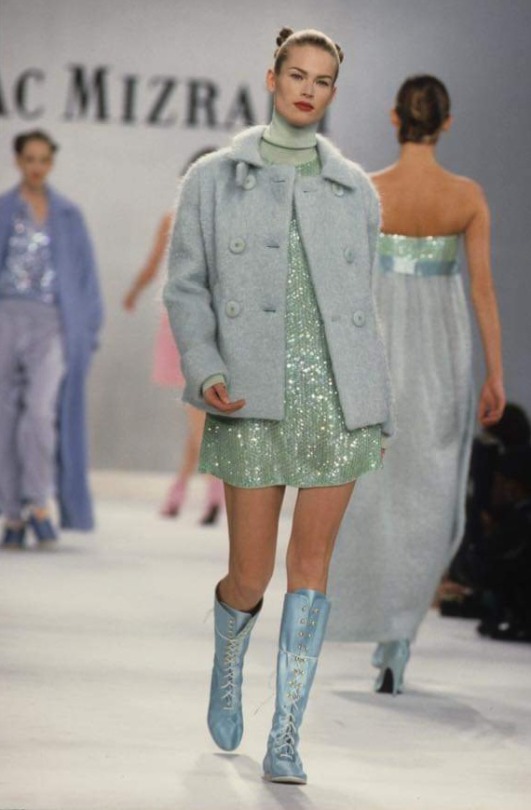
Isaac Mizrahi Fall, 1994
#fashion#supermodel#1990s#1990s fashion#90s fashion#90s#vintage fashion#90s supermodel#1990s style#90s style#isaac mizrahi#meghan douglas#runway fashion#runway#runway show#fashion show
388 notes
·
View notes
Text

Isaac Mizrahi - Fall 1995 RTW
#linda evangelista#meghan douglas#fashion#fashion show#isaac mizrahi#fall 1995 rtw#1995#imfall1995rtw
30 notes
·
View notes
Text


Things would’ve gone a lot smoother if BB had a gun. Do with these as you please
#star wars#adam douglas driver#adam driver#kylo ren#the last jedi#din djarin#pedro pascal#bb8#droid depot#poe dameron#oscar isaac#return of the jedi#rise of skywalker#rey skywalker#daisy ridley#john boyega
175 notes
·
View notes
Text



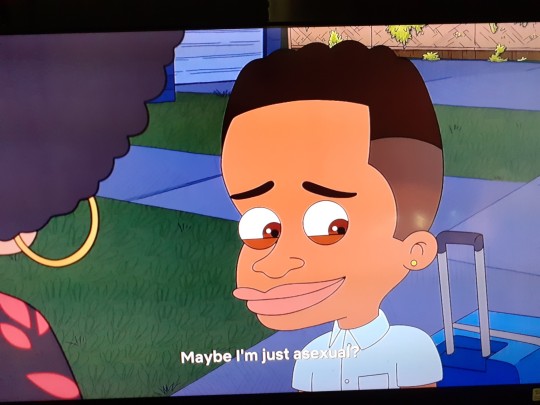

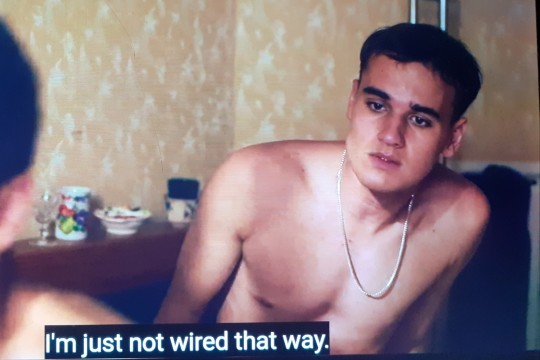

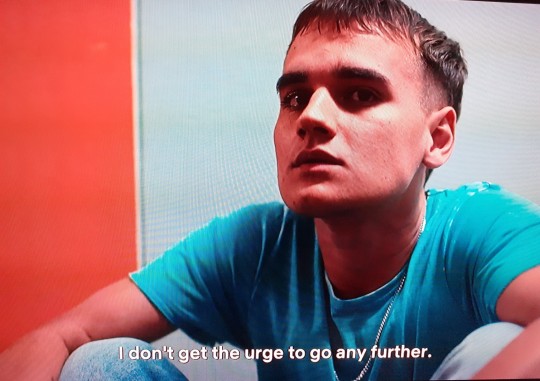
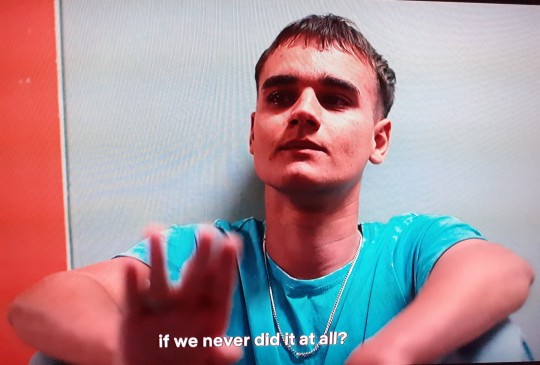
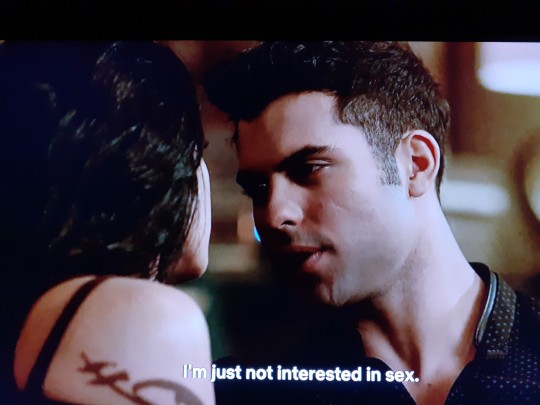
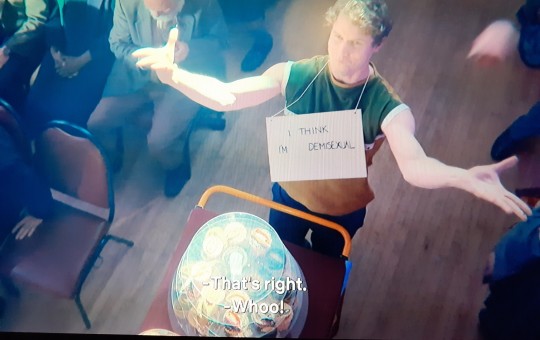
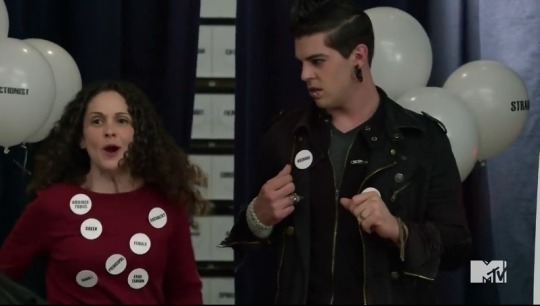
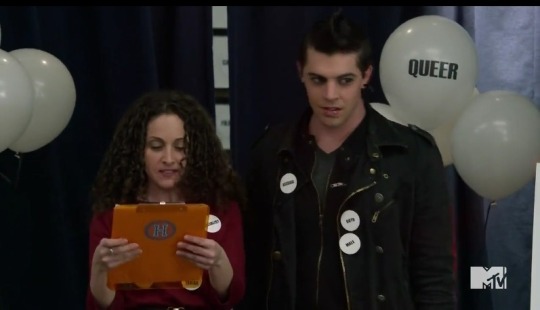

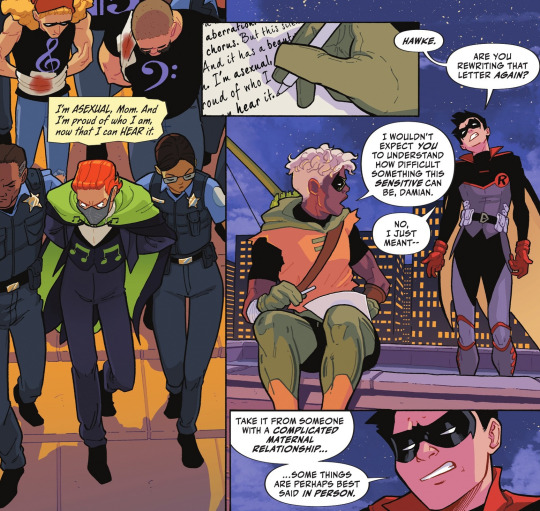
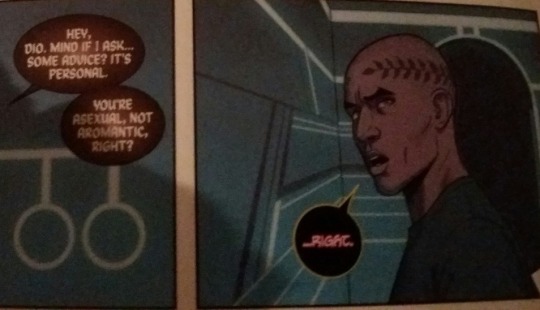
Happy International Men's Day (November 19th) 2022 to acespec male characters!
Todd Chavez (Bojack Horseman 2014-2020)
Elijah (Big Mouth, s6-, 2022)
Isaac Henderson (Heartstopper the series 2022-)
Douglas 'Ca$h' Piggott (Heartbreak High 2022-)
Raphael Santiago (Shadowhunters 2016-2019)
Steve Morley (Sex Education 2019-)
Brad (Faking It 2014-2016)
Aled Last (Heartstopper webcomic 2019-/Radio Silence 2016)
Connor Hawke (DC comics 1994-)
Dionysus/Umar (The Wicked + the Divine comics 2015-2019)
#international men's day#ace characters#ace male#nocticola art#canon aspec list#asexual#demisexual#aromantic#todd chavez#elijah big mouth#isaac henderson#ca$h piggott#douglas piggott#raphael santiago#steve morley#brad faking it#aled last#connor hawke#dionysus wicdiv
313 notes
·
View notes
Text
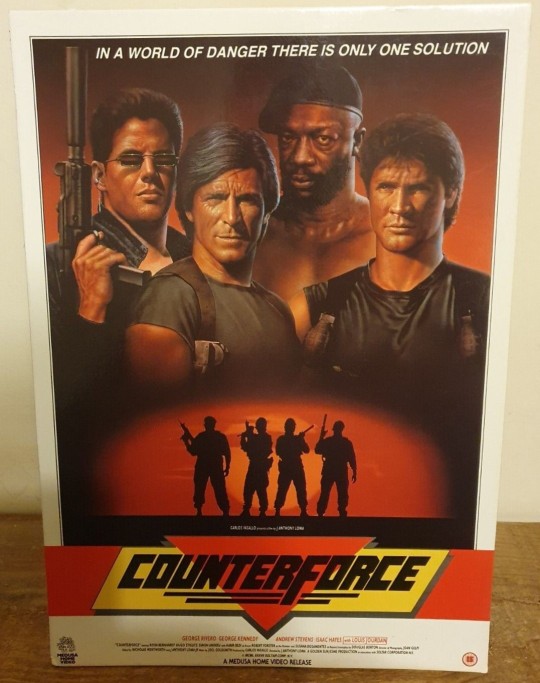
#CounterForce#Escuadrón#Jorge Rivero#Isaac Hayes#José Antonio de la Loma#Douglas Borton#Sandra K. Bailey#Carlos Vasallo#80s
12 notes
·
View notes
Text
You'll find the other polls in my 'sf polls' tag / my pinned post.
#polls#science fiction#sf polls#george orwell#1984#nineteen eighty four#philip k. dick#the man in the high castle#fahrenheit 451#ray bradbury#the hitchhiker's guide to the galaxy#h2g2#douglas adams#slaughterhouse 5#slaughterhouse five#kurt vonnegut#i robot#isaac asimov#babel-17#samuel r. delany#samuel delany#dune#frank herbert#left hand of darkness#ursula le guin#ursula k. le guin
138 notes
·
View notes
Text
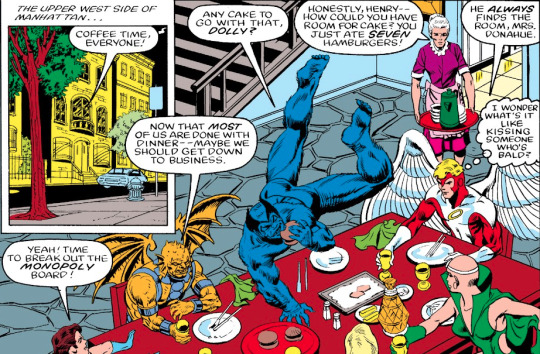


The New Defenders #126
Hank, you goddamn goblin, just eat the burger, oh my god.
Also, the running joke in this series of Bobby and Warren just out of nowhere thinking the exact same simp thoughts about Moondragon will never not slay me.
#memories.#hank mccoy#henry mccoy#bobby drake#iceman#warren worthington#valkyrie#heather douglas#moondragon#isaac christians#gargoyle#new defenders#I'm slowly falling more and more in love with this series.#It's just so much fun and this team is just so stupid.#Sometimes a team is a bipolar himbo genius his gay best friends an 80 year old man in a gargoyle body and two lesbians.
18 notes
·
View notes
Text
Jotting down a half-formed thought.
Some years ago, I went to an XML conference in Oxford (that makes it sound fancy but off-season college food is universally terrible) and one of the speakers was a gentleman who worked for Wikipedia. And one of the things he said was that what he aspired to, with Wikipedia, was something akin to the ship's computer in Star Trek, where you could go, "Computer tell me about pottery on Bronze Age Cyprus," and it would return all the information you could want. An aspirational idea, to be sure, and not an aim I object to, but an example of how fiction shapes what we want out of technology.
A couple of weeks ago, my workplace held one of our semi-regular informal meetings about so-called 'AI' and the impact on our industry, which I generally avoid because I am an avowed Luddite when it comes to this latest round of 'wonderful new technologies' being promoted at break-neck pace by investment capital. My contributions to the meetings when I do go are generally of a wet-blanket kind and this time was little different even though we were talking about 'fears around AI', because a well-intentioned colleague started the discussion with Roko's Basilisk and the Paper-Clip Maximiser. Politely speaking, these are two rather implausible scenarios concerning the creation of general artificial intelligences, which do not have much bearing on the subject of large-language models and supposedly-assistive automation. I bit my tongue a lot, despite finding myself talking more than usual, mostly on account of thinking that focusing on these fantasies is a distracting waste of time when 'AI' tools are being deployed willy-nilly in efforts to devalue people's labour, to say nothing of exposing the tech sector's childish disregard for creativity as a part of human experience.
I fear the loss of skill and information at scale as a consequence of another capitalistic fool's gold-rush far more than I do hypothetical non-human intelligences we are not close to creating, and that would reside within extremely vulnerable infrastructure if we did.
Nevertheless, it got me thinking about Issac Asimov and the laws of robotics, his set of impossibly vague rules created to drive stories on the basis of finding all the ways they would go wrong.
A robot may not injure a human being or, through inaction, allow a human being to come to harm.
A robot must obey the orders given it by human beings except where such orders would conflict with the First Law.
A robot must protect its own existence as long as such protection does not conflict with the First or Second Laws.
(Please appreciate how many philosophical concepts an AI would have to understand in order for these to be practicable.)
And that got me thinking about 'robot' stories in general, all the way back to Karel Čapek and Rossum's Universal Robots, which is of course not about thinking machines at all but rather the proletariat, 'robota' meaning as it does 'forced labour'. Decades later, Luke Skywalker and his uncle were buying slaves made from steel and gold to work on their farm. 'Robot' displaced 'automaton' in popular language, and injected its original, class-structure meaning into unthinking clockwork. Fictional metal robots become beings capable of thought. Alien, yes, yet in some measure conscious and subject to all sorts of ethical considerations and imagined horrors. We've largely left behind Čapek's conception of human-like beings assembled from separately grown organs, the production-line person, but his tale of a genocidal revolution persists.
Discussion around automation and 'AI' seems to me to be soaked in a morbid desire for a 'safe' intelligent servant. Science fiction has shaped how we hold those discussions, naturally, directing our concerns at 'robot uprisings' and being 'surpassed' in some way (or all ways). It goes without saying that a great deal of the fiction functions as metaphor. To pick an example I've just finished rereading, Ann Leckie's Ancillary books are as much commentary on real-world imperial practices as they are an exploration of personhood and how general AI might be implemented per se. Unavoidably so. Will we ever extract 'robot' from Čapek's work and the industrial models that shaped his writing?
Perhaps not, but this isn't really the question I'm concerned with here. No, what I'm grappling with is the appeal of having an intelligence serve our whims. From the simple humanisation of tools, both in the sense of 'prompts' and 'hints' taking a conversational tone, to the desire to supplant actual humans with pliable alternatives that has Elon Musk wheeling out a bloke in a leotard like he's restaging The Five Doctors, it's a thread that has become wrapped around how we engage with . . . well, with technology. With constructions meant to assist us, that more often than not cannot replace us (yet) and require us to assist them.
In reality, the ethical questions arising are blunt and ugly. Whose work do we value? By what criteria does society judge who it supports and who it discards? How is remote technology used to circumvent natural, negative human responses to violence? Did those companies pay for that data, and do we want them to be able to buy it at all?
Still the fantasy persists. "Computer, answer my question." "Robot, do my chores." "AI, you won't rise up and kill me, will you?"
This is not an original observation, to be sure. I am inclined to seek out analyses of these trends in discussion around new tech, although I fear it would mean going back to Frankenstein and working forward. It just struck me, forcibly, that the metaphors for labour discontent and slave uprisings have imposed their own logic on both the fears and the hype around 'AI', be it the real thing or the glorified spell-checkers used to pretend art can happen at the touch of a button.
I have nothing against automation as a tool for making life easier, just as I see no possibility of that promise being fulfilled while capitalistic priorities rule the world. We have to pivot to centring human good first, and that's the core of the struggle.
But I'm also beginning to think we need to seriously ask why we want our tools to be glorified. Why we would want, not just speech recognition as an assistive feature for those who can't type, but specifically something that can speak to us in Majel Barrett's voice and hold an intelligent conversation. Why we are sold objects intended to play-act being 'part of the family' and why those selling them consider it desirable.
I don't suppose the answer will be less depressing than 'owning people is the highest mark of prestige in the societies producing these discussions. Even so, it's probably worth unpicking.
#more rambling#artificial intelligence#rossum's universal robots#isaac asimov#star trek#though on the marketing side no one ever summed it up better than Douglas Adams#'your plastic pal who's fun to be with'#I really could have done without someone in Silicon Valley thinking the Sirius Cybernetics Corporation were roll models
6 notes
·
View notes
Text
Forty-Two And The Rainbow
Why the number 42 is so key to understanding and seeing a #rainbow
A rainbow never fails to enchant, a transient moment of celestial beauty, even though it is one the commonest of meteorological phenomena. For Keats it was enough to admire it for what it is, railing against Isaac Newton in 1817 for destroying “the poetry of the rainbow” by “reducing it to a prism” and, in Lamia (1820), lamenting that scientists “will… conquer all mysteries by rule and line/…

View On WordPress
#Douglas Adams#Isaac Newton#John Keats#lamia#Opticks#Rainbow#René Descartes#The Hitchhiker’s Guide to the Galaxy#Willobrord Snell
2 notes
·
View notes
Text
youtube
The Choice Is Yours - Isaac Douglas with the Twenty First Century Singers & Royal Gospel Singers (Do You Know Him, 1974)
#The Choice Is Yours#Soul#Soul Music#Soul Music Songs#Music#Music Songs#Gospel#Gospel Soul#Do You Know Him#1974#Isaac Douglas#Creed Records#Youtube
4 notes
·
View notes
Text









Isaac Mizrahi Fall 1994
#fashion#supermodel#1990s#1990s fashion#90s fashion#90s supermodel#90s#vintage fashion#1990s style#90s style#isaac mizrahi#meghan douglas#patricia velasquez#claudia mason#niki taylor#shariz tal#runaway#runway fashion#runway#fashion show
170 notes
·
View notes
Text

Isaac Mizrahi - Fall 1995 RTW
24 notes
·
View notes
Text
i hope my brother and bil feel up to hosting again soon i want to see the blorbos from my table again
#i mean i always have isaac for better or worse because he's my special little boy#who i would draw dying in a glue trap if i could#but unfortunately i can only see douglas and hugh during the sessions#(to be clear i do not f/o them i just usually end up a fan of my co-players when i play tabletops)
6 notes
·
View notes
Text
While looking for something else on the book of faces...
I was looking for my Elf on the Shelf rant and found this from 2012. Hoping @wilwheaton appreciates my nerdery.
Dr. Isaac Parrish: Do you wanna play?
Dr. Douglas Fargo: Well... ok. But only if I get to be an elf.
Dr. Isaac Parrish: That's fine. I'm not a girl.
HAH! NERD HUMOR! I GET IT!
2 notes
·
View notes
Text
Russell Crowe is 'Robin Hood' on Netflix and Hulu
Russell Crowe is ‘Robin Hood’ on Netflix and Hulu
The legend of Robin Hood is one of those stories that gets a new retelling for each generation. Robin Hood (2010), from director Ridley Scott and screenwriter Brian Helgeland, stars Russell Crowe in a new origin story for the familiar myth.
This one reimagines him not as Robin of Loxley but Robin Longstride, a war-weary soldier home from the crusades. He’s not a nobleman at all but a peasant…

View On WordPress
#2010#Alan Doyle#Blu-ray#Brian Helgeland#Cate Blanchett#Danny Huston#Douglas Hodge#DVD#Eileen Atkins#Hulu#Kevin Durand#Léa Seydoux#Mark Addy#Mark Strong#Matthew Macfadyen#Max von Sydow#Netflix#Oscar Isaac#Ridley Scott#Robin Hood#Russell Crowe#Scott Grimes#VOD#William Hurt
2 notes
·
View notes